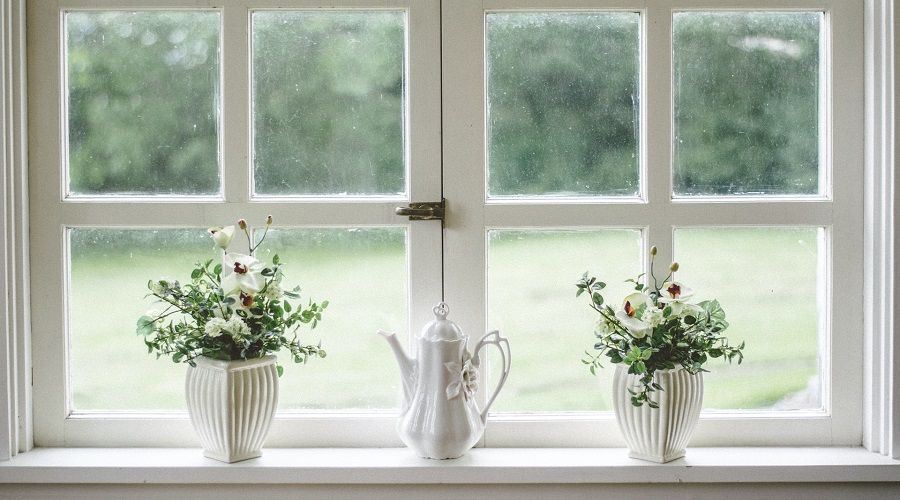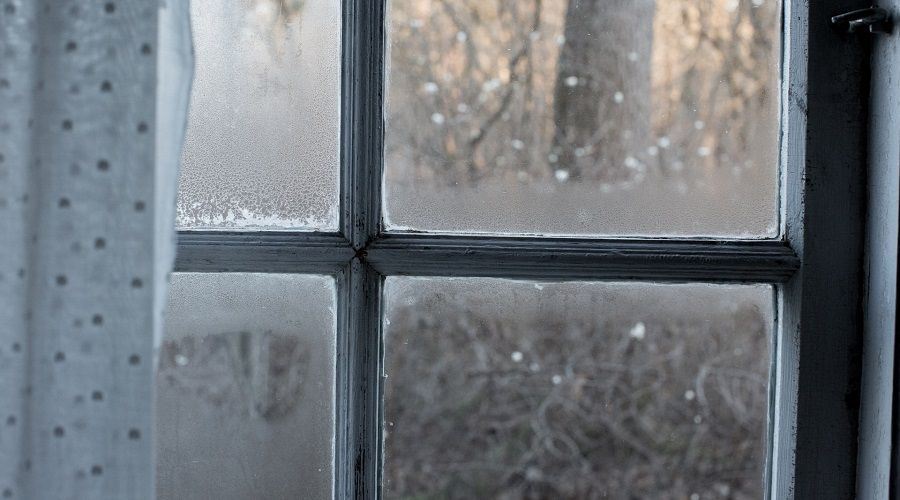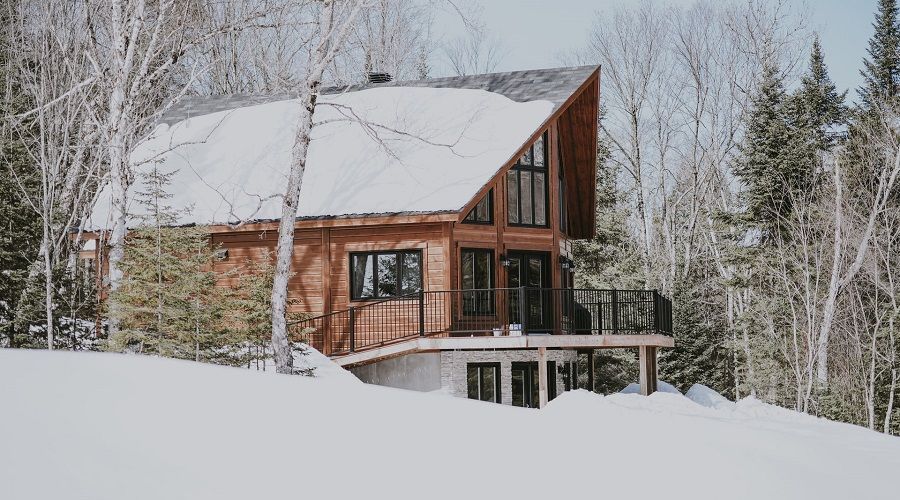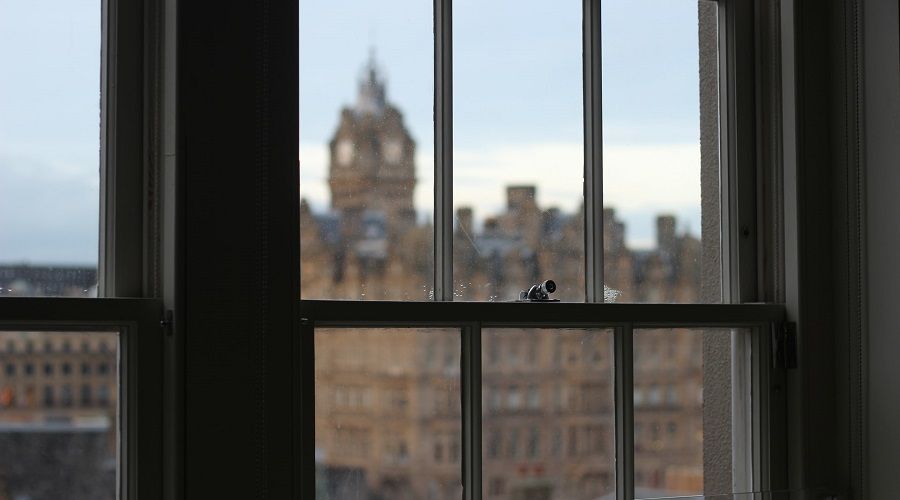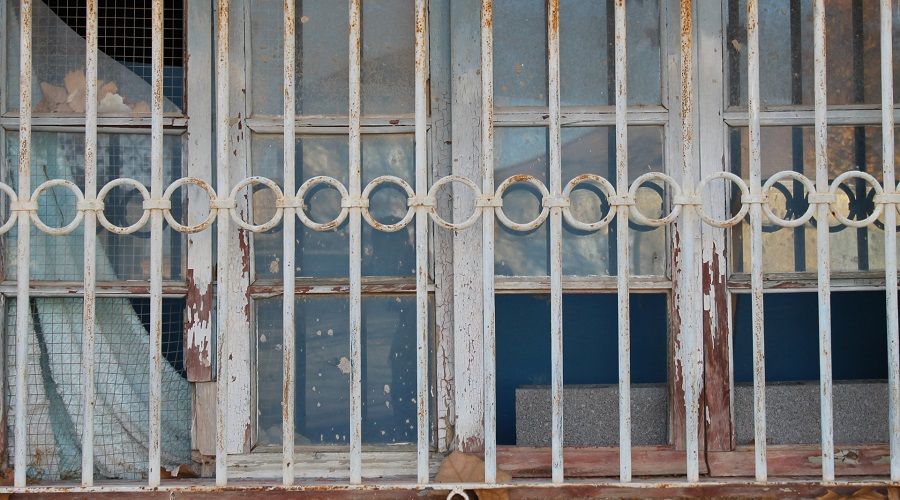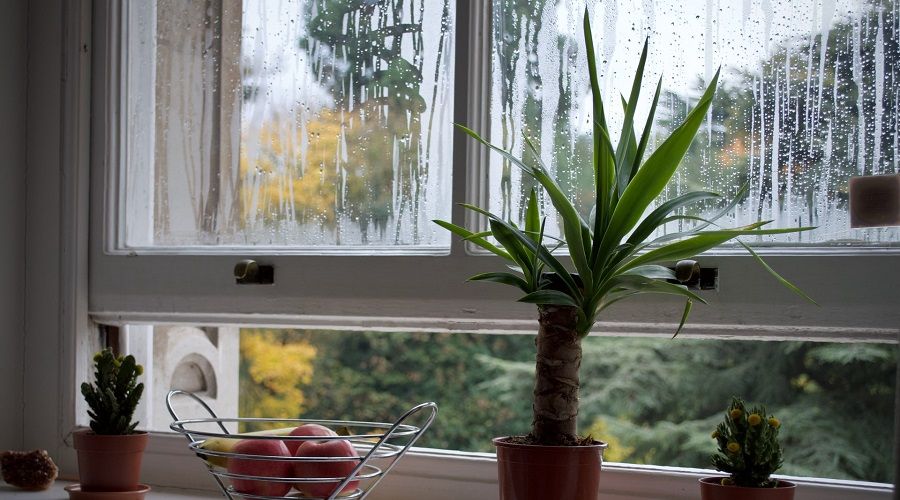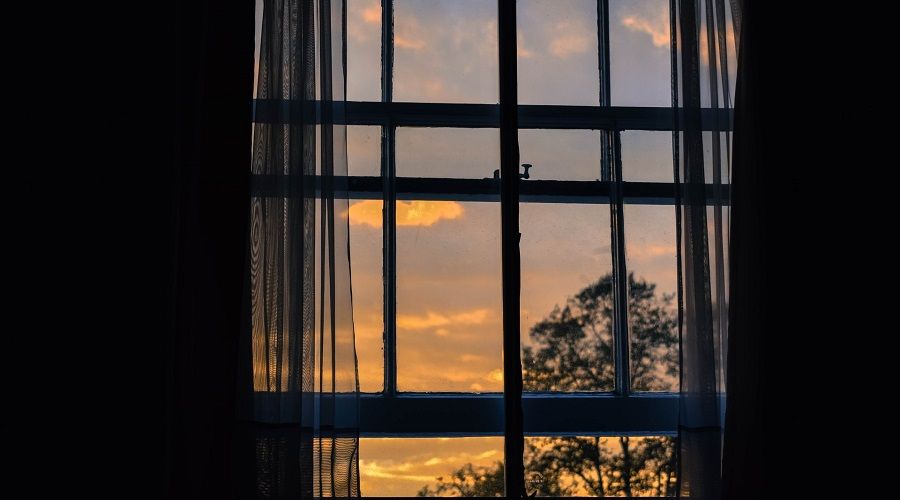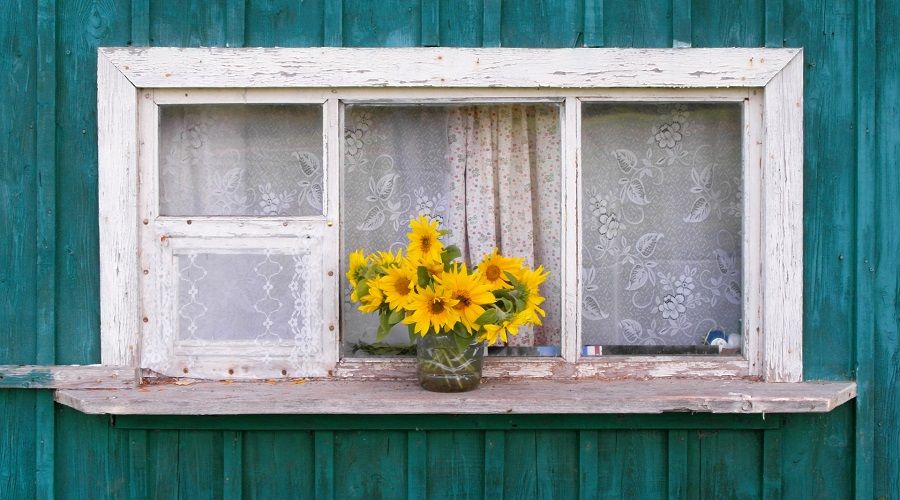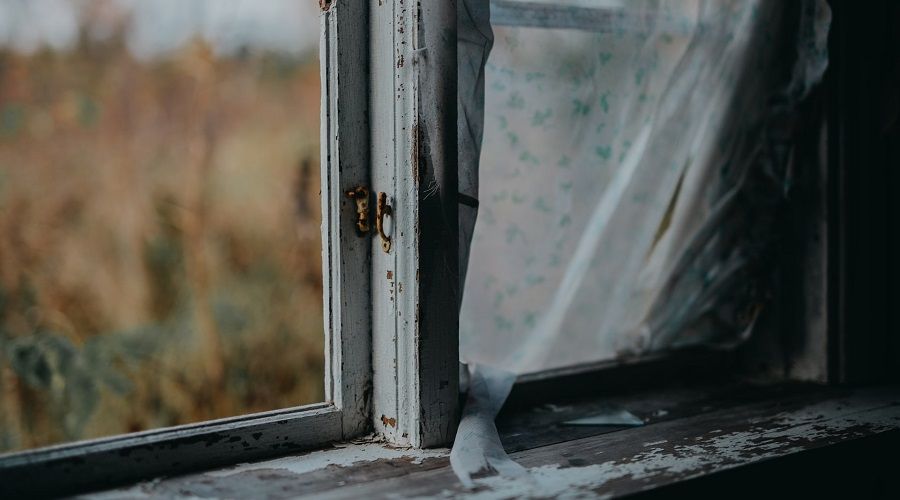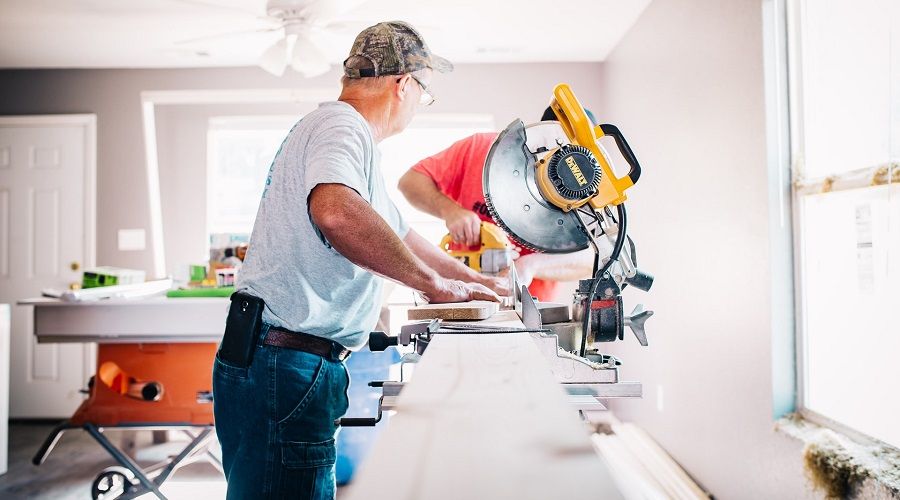It’s the dreaded question that all homeowners have to face at some point— do my windows need to be replaced, or can I just repair them?
Window decisions come with huge consequences that affect your home’s value, HVAC efficiency, energy bills, security, and savings. It's tempting to do low-cost repairs but, sometimes, window replacements are necessary and better for you long-term. If you want to do it on your own, make sure you know how to measure windows for replacement!
9 Signs To Replace Your Windows
1. Drafts
Image Credit: Ozgu Ozden via Unsplash
When a window starts letting in a cold draft, it's a warning sign that it's time for window replacement. Modern windows are equipped to protect your house from the cold outdoor wind and seal in the warm air. Check for a drafty window by holding a candle near the window glass on a windy day. If the flame flickers, your window is likely to have leaks.
2. Noise Pollution
Image Credit: Jisun Han via Unsplash
Old windows have poor soundproofing. While it's normal to hear some noise from the outside, it should be muffled and sound like low, ambient noise. If the outdoor noise starts bothering you and you're all too aware of the traffic noises, your neighbor’s business, and people passing through your street, you may need to replace the windows.
3. High Energy Bills
Image Credit: Annie Spratt via Unsplash
People spend a lot on cooling when the weather is warm and heating when outdoor temperatures drop. Unfortunately, inefficient windows that fail to insulate your home due to a seal failure could increase your energy costs instead by overworking your HVAC system to compensate for escaping air. If you're wondering why your utility bills are steadily increasing, your windows might be to blame.
4. Single Pane Windows
Image Credit: Colin Walsh via Unsplash
Rarely will a window expert recommend the use of single-pane windows unless to preserve the old-world integrity of historic homes. Nowadays, double and triple-pane windows are the standard as they're energy-efficient. It is simply because single-pane windows are notorious for being less efficient at insulating the home, having poor soundproofing, and could reduce your home’s value.
5. Broken Window Panes and Muntins
Image Credit: Maite Tiscar via Unsplash
Muntins are the ribs of the window and separate the panes of glass. If you notice your window has visible damage such as cracked glass or broken muntins, relying on surface repairs could cause further damage and is a safety hazard. It is true, especially if the glass is replaced but the muntins are left damaged. Replacement might be the smartest investment in this case.
6. Condensation/ Fogginess
Image Credit: william santos via Unsplash
If your windows grow foggy or develop condensation or moisture, it might be caused by a broken window seal insulation. Test this by wiping the condensation or moisture on either side of the window and, if it’s still foggy, it's an obvious sign that the fog is between the glass panes. While the seal is repairable, no repair will get it back to its previous insulating performance, especially with extreme seal damage.
7. Difficult to Close
Image Credit: Tarik Haiga via Unsplash
Several things could prevent a window from fully closing. Some, such as wrong windows, excess paint coats, visible damage, and dirty tracks, are easy to address. However, issues like uncentered faulty windows, broken pulleys, and excess humidity are structural details that are much easier solved through a window replacement. Not all sticking windows need to be replaced, and it all depends on correctly identifying the root cause.
8. Damaged Window Frames
Image Credit: Olga Isakova via Unsplash
Damaged window frames and leaky windows will most definitely call for a window replacement, especially with wood frames. When your window frame is rotting, growing mold, letting in water, or is warping from humidity, this shows that it’s nearing the end of its life. While other window problems can be temporarily fixed, damaged window frames are the main issue that needs to be looked at immediately.
9. Outdated Windows
Image Credit: 🇸🇮 Janko Ferlič via Unsplash
If you have plans to sell your home, making sure your windows match your house is crucial. A modern house with outdated and damaged windows with dull colors will negatively affect its value and curb appeal, resulting in lost money. It's also recommended for windows to be replaced every 15–20 years. The only time you shouldn’t replace your old windows is if you still have the original fixtures installed in your pre-1960’s home. Otherwise, new windows are recommended.
Why You Need To Change/ Replace Your Windows
Here are three benefits that come from updating your old windows into newer designs!
Energy Savings
If you want to replace your single-pane windows with energy-efficient double or triple-pane windows, it's estimated that you’ll save $126–$465 per year in energy expenses. This figure lessens when replacing double-pane windows but will still help your HVAC system perform more efficiently. While it’s not possible to immediately gain back the cost of your window replacement through your energy savings, it’s undeniable that replacing dilapidated windows will lessen your heating bill.
Better Protection
Newer windowpane designs offer much better security. Just like how energy efficiency has improved through the years, so have window locking systems, materials, glazing features, and privacy details. They’re built to handle more force and offer better protection against intruders and different kinds of weather and UV rays.
Higher Resale Value
When you replace windows, you will also increase your home’s value. Homes with updated windows are much more desirable to potential homeowners and help return up to ¾ of your window investment. With your energy savings, it could help you regain most of what you spent on window replacements.
Things To Consider Before Replacing Windows
Image Credit: Annie Gray via Unsplash
Before you seal the deal on replacing your old windows, here are some things to think about first.
Check Your Budget
It’s clear by now that window replacement can be pricey. Make sure to examine your budget and look for payment plans before settling on a replacement window. This budget should include the cost of the window frame, glass panes, the installment needed, and maintenance needs. Try and negotiate the price and learn to correctly measure your windows for replacement.
Repairs Could Help
Avoid replacing a window that just needed minor adjustments and love. If the draft from the window is only minor, check if alternative methods like using an insulating curtain or re-caulking the window will prevent cold air from coming through the windows. Replacement only becomes necessary if the window damage is too great, if the repairs are too short-term, or if window repairs will cost as much as a window replacement.
Make it Pretty
There are many types of windows, so no matter if your windows need to be replaced or repaired, be sure to make them visually appealing. Windows, especially those seen from the road, largely affect curb appeal. There are cost-effective ways for your windows to look easy on the eyes, even with lower-end windows.
In Summary
Some window issues you face could have easy DIY repairs, while others you can only solve by replacing your windows.
Our advice? If you’re dealing with several of the nine signs mentioned, it might save you more money, in the long run, to replace windows.
Window management changes on a case-to-case basis but, now, you’re equipped with the knowledge and information needed to make the right choice. To repair or replace— that’s up to you to decide!

